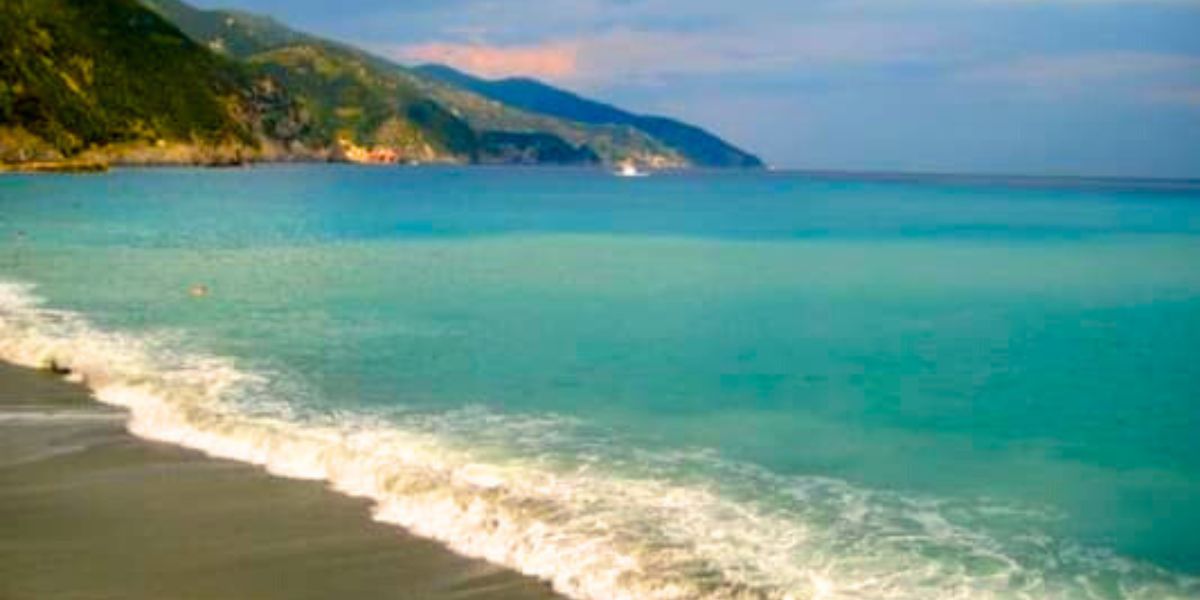Lebanon is a natural wonder, boasting gorgeous forests, lakes, caves, valleys, mountains, and fascinating biodiversity.
In fact, Lebanon’s considerable biodiversity and natural heritage make it stand out in the region, with a wide species of flora and fauna, some of which are rare for being endangered.
Walking through Lebanon’s forests, in particular, is an invigorating delight, a getaway for fresh air and nerves soothing, let alone its long-term health benefits, physically and mentally.
Whether you are up to a leisurely walk in nature or a nice adventure of discovery, or an enjoyable hiking experience, here are your options to enjoy this season along the glorious heights of Lebanon.
You might want to have your camera handy as the sights are just amazing.
Note: Keep in mind during your forest walks to honor and respect the natural legacy of our environment.
Al Shouf Cedar Nature Reserve
Al Shouf Cedar Nature Reserve is one of the largest nature reserves in the Shouf and Aley areas.
Located on the slopes of Barouk mountain, the reserve is known as one of the oldest forests in history and has a rich biodiversity, hosting 32 species of wild mammals, 9 of it considered as rare.
Wadi Al Hujair National Reserve
Full of Oak and Valonia trees, the Wadi Al Hujair National Reserve is a splendid area to stroll through if you are a forest and tree enthusiast.
Bkassine Pine Forest
The Bkassine village is one of the Best Tourist Villages In The world.
To add to its charm, Bkassine‘s Pine Forest is the go-to destination for nature lovers as it is the biggest pine forest in Lebanon, not to mention home to old bridges and heritage houses.
Qadisha Valley
The glorious Qadisha valley is an important Christian landmark, as it hosts numerous historical monasteries, many dating back to past centuries.
Not to mention that the valley boasts a great Cedars forest.
Arz Jaj
Located in the Byblos district, Arz Jaj is suitable for a forest walk in an elevated village surrounded by beautiful nature and a Cedar forest located on top of the village.
The Cedars there are between 1200 and 2000 years old, and the reserve hosts around 375 species of trees!
Bentael Nature Reserve
The Bentael Nature Reserve is located in Northern Lebanon, in the hills of Byblos. The stunning reserve is covered in woodland and low-level agriculture.
Haddath El Jebbeh Cedars Forest
Hadath El Jebbeh is one of the largest forests in Lebanon and boasts about three hundred thousand Cedar trees, some of them being over 1000 years old.
The forest is also home to endangered rock herbs and flowers, species of birds and wild animals, as well as types of mushrooms.
Al Qamouaa Forest
Located in the natural splendid region of Akkar in the north, Al Qamouaa is one of the most important forests in Lebanon, as it covers trees from the valley of Wadi Gehanam to the area of Qobbayat.
This forest has different species of trees, including junipers, cedars, and Cilician firs.
Horsh Ehden Nature Reserve
Situated at an altitude of 1200m to 2000m, the Horsh Ehden is about 1700 hectares of public land and home to unique broadleaf trees, which would be suitable for a scenic forest walk.
The above picture was taken from the top of the reserve, overlooking Tripoli’s coast and its islands.
Tannourine Cedars Forest Nature Reserve
The Tannourine Cedar Forest Nature Reserve protects a large and dense cedar forest.
The cedars account for 80% of the forest trees that exceed 2,500,000 trees. Other trees can also be found, such as oaks, junipers, and maples.
Cedars of God
The famous Cedars of God is one of the forests with the last remnants of “Cedrus libani” that once had a rich presence in Mount Lebanon during ancient times.
Located in Bsharre, the Cedars of God is one of the most famous cedar patches on the UNESCO World Heritage Site.
Al-Ezer Forest
Al-Ezer Forest is a particularly stunning woodland in Northern Lebanon. It is home to a hundred varieties of wildflowers and Iron Oaks.
Jabal Moussa Biosphere Reserve
Jabal Moussa Biosphere Reserve is located in the Kessrwan District. Overlooking the Mediterranean, the reserve covers 6500 hectares.
Jabal Moussa and its surrounding villages are part of the UNESCO Network of Biosphere Reserves, making it a wondeful getaway in Lebanon’s beautiful nature.
Related: Lebanon Among The 36 Global Hotspots For Biodiversity.

















